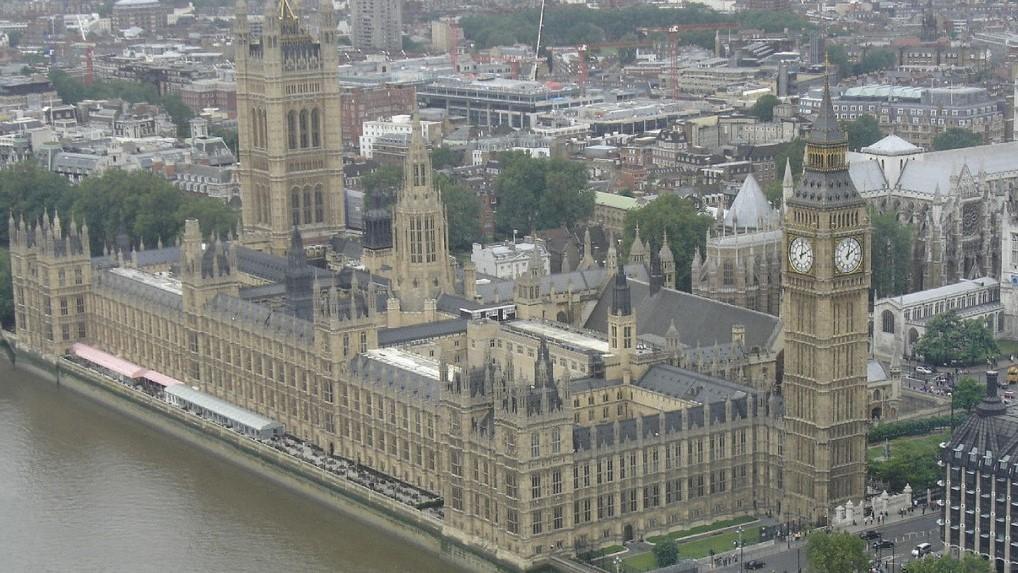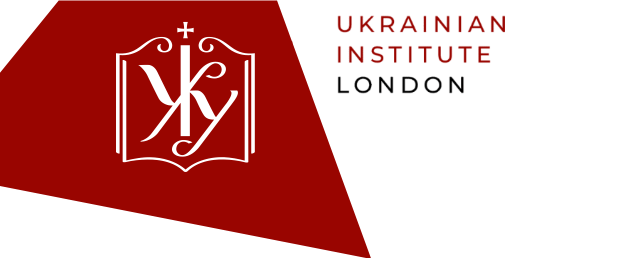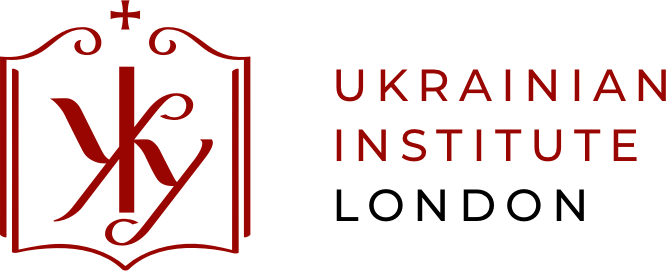A briefing note for Members of Parliament produced by the Ukrainian Institute London on 4 July 2014.

AUTHOR
Ukrainian Institute London
Conditions set for Russia
On 5 June 2014 in Brussels on the 70th anniversary of the D-Day Landings, Prime Minister David Cameron laid down three clearly articulated conditions regarding de-escalation in Ukraine that Russia must meet or face further sanctions.
These are:
(1) Recognition of the legitimate election of President Poroshenko
(2) Stopping the arms crossing the border into Ukraine
(3) Ceasing Russian support for separatist groups.
Prime Minister Cameron said “the next month is vital to consider if President Putin has taken these steps” and that “if these things don’t happen, sectoral sanctions will follow.”
This means that 5 July 2014 is assessment day for President Vladimir Putin and time to evaluate if these conditions have been met.
We hope that conditions are fulfilled prior to Saturday 5 July, but if they are not, Prime Minister Cameron will have no option but to declare that they have not been met.
What next?
It is clear that sectoral (or Tier 3) sanctions must now be imposed by international community.
– David Cameron announced on 5 June 2014 that “if these [conditions] don’t happen, then sectoral sanctions will follow.”
– President Obama has already continued to provide support for sanctions. “If Russia’s provocations continue, it’s clear from our discussions here that the G7 nations are ready to impose additional costs on Russia.”
– President Poroshenko told French President Francoise Hollande as early as 14 June that he hoped the European Union would impose immediate “sectoral sanctions” if Russia failed to stop destabilising Ukraine.
The UK, the US and the EU should uphold their promise to impose sectoral sanctions if the conditions are not satisfied by this Saturday 5 July 2014.
Sanctions to impose
The EU, the United States and other countries such as Australia have so far imposed Tier 1 and 2 sanctions focused on travel bans and asset freezes on key individuals. By 12 May 2014, the EU had already sanctioned over 61 individuals in Russia and Ukraine identified as contributing to the broader instability.
Government should now go further to extend sanctions to target parts of key sectors of the Russian economy, notably oil and gas, defence and the financial sector. This approach is supported by Russian opposition groups and chessmaster Garry Kasparov supported this approach urging the international community to “use banks, not tanks”.
Such sanctions would follow the successful application seen in Iran and be targeted at key institutions or technologies that will impact large parts of the specified sectors, such as limiting sale of technologies to maintain oil and gas facilities.
The threat of sectoral sanctions is already generating concern from Russian officials. Economy Minister Alexei Ulyukayev stated that under stress tests the Russian economy would “seriously contract” and Russia’s growth forecast for this year has been reduced from 2-2.5% to 0-0.5%.


